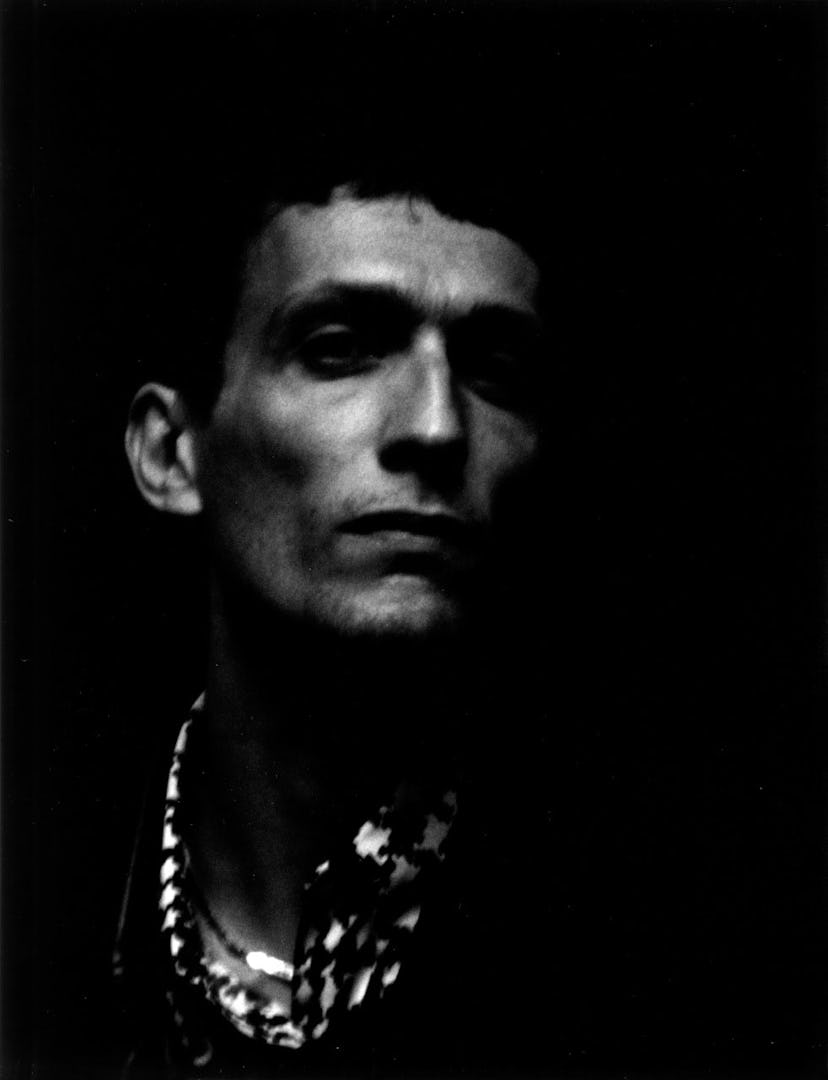John and Jehn Become Savages

Once upon a time, way back before Savages’ debut album Silence Yourself was nominated for the Mercury Prize, the band’s current producer Nicolas Congé, who is better known as the electronic solo artist Johnny Hostile, fronted a lo-fi rock outfit with Savages lead singer Jehnny Beth. It seemed almost predestined to fail. “We had bad promotion, a bad record release—bad everything,” recalls Congé.
The two first met eight years ago in his hometown of Angoulême, France, which soon proved too small. “Two months after we met, we said, ‘Oh, fuck it,’ and we moved to London,” he remembers. For three years, the couple slept on friends’s floors, surrounded by production gear. As John and Jehn, they played whatever gigs they could find—in bars, at pizzerias, with good bands and awful ones. Eventually, people noticed. (“They liked us because we were good-looking,” says Congé, grinning cheekily.) But two record deals later, he says, “we had an identity crisis” and, without ever really taking off, they crashed—and out of those ashes rose Savages, which was the brainchild of guitarist Gemma Thompson, who played with John and Jehn. Originally, Thompson asked Congé to front her new project, but he demurred, and Beth became its Ian Curtis-like lead singer. They added bassist Ayşe Hassan and drummer Fay Milton, and found an unusually strong chemistry and identity in their all-girl posse. Congé stayed on as a producer; his darkly quiet sound as a solo artist is integral to the band’s development.
“It’s very rare to be part of a band that actually does stuff on its own terms,” says Congé of the band, whose brutal, emotive, and almost nihilistic guitar rock is largely unheard near the top of the indie charts these days. “Right now,” he says, “We can’t complain about anything.”
Photos: John and Jehn Become Savages
Johnny Hostile
Savages